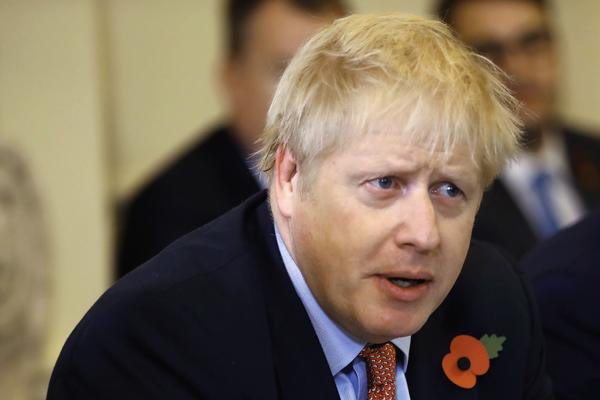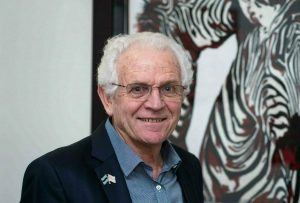Boris Johnson deliberately lied to MPs about those wild parties held at 10 Downing Street during lockdown.
So a British parliamentary committee decided on Thursday.
The so-called Privileges Committee, which investigates breaches of the rules of the House of Commons, finally ruled that Johnson was guilty of repeated contempt of parliament and attempted to undermine the parliamentary process.
If Johnson had not resigned as British MP last week, he would now have been suspended for 90 days.
“The contempt was all the more serious because it was committed by the prime minister, the most senior member of the government,” says the committee in a damning 106-page report.
“There is no precedent for a prime minister to deliberately mislead the House.
“He has misled the House on a matter of the utmost importance to the House and members of the public, and has done so repeatedly.”
The seven-member committee, which includes MPs from Johnson’s own Conservative party, has powers to recommend sanctions against rule-breakers, which must be voted on.
However, Johnson (58) spared himself the humiliation of a suspension when he resigned as MP last week – just days before the report was released.
However, Johnson insisted in his resignation letter that his attendance at the relevant Downing Street parties during the Covid-19 pandemic was not a deception and that his political opponents want to bring him down.
“This is a terrible day for MPs and for democracy,” Johnson also said on Thursday in response to the committee’s finding.
“This decision means that no MP is free from vendetta, or suspension on the basis of fraudulent charges by a small minority who want to ensure that he or she is removed from the House of Commons.
“I have no disdain for parliament, or for the important work that must be done by the Privileges Committee,” Johnson insists.
British Prime Minister Rishi Sunak’s official spokesman declined to comment on Johnson’s allegations on Thursday, saying the committee was “properly constituted … carrying out work at the behest of Parliament”.








